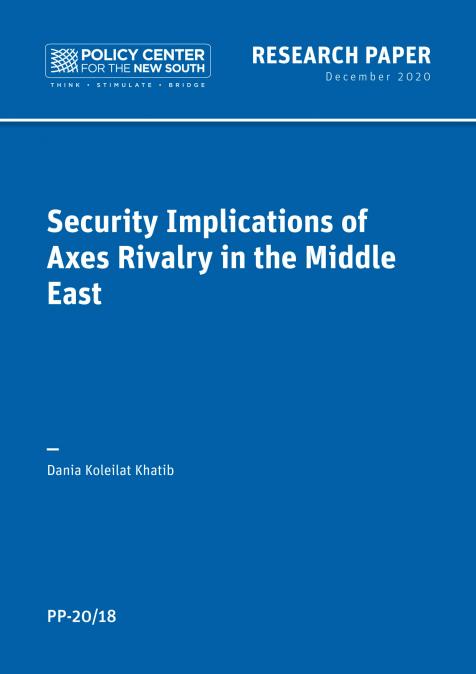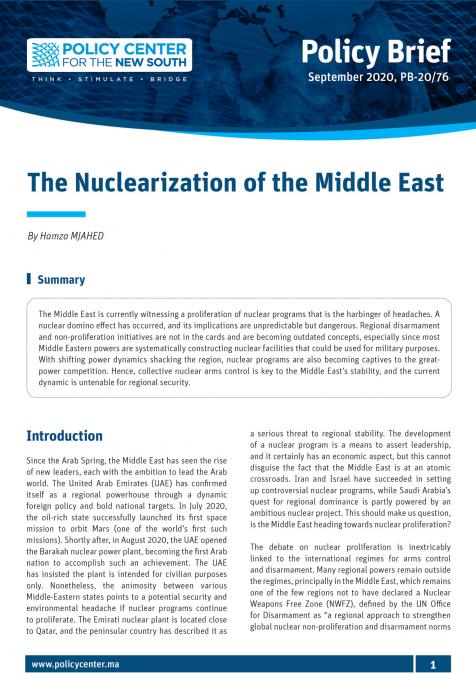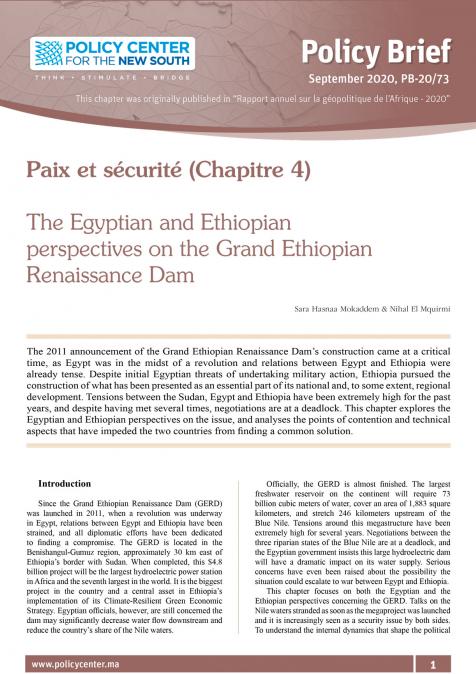Publications /
Policy Paper
This paper provides a comprehensive analysis of the role and impact of Yemen's Presidential Leadership Council (PLC), formed in April 2022, in navigating the complexities of Yemen's ongoing civil conflict. The PLC was created to unite various anti-Houthi factions under a single governance framework, with the support of Saudi Arabia and the UAE, and to steer Yemen toward peace and stability. However, the PLC has faced numerous obstacles, including internal divisions, resistance from the Houthi movement, and significant external influence from regional powers such as Iran. This paper explores the PLC's efforts to stabilize the political landscape, revive Yemen’s economy, and manage diplomatic relations with both regional and international actors. It also examines the Council's military coordination challenges and the impact of shifting regional dynamics, particularly the involvement of Saudi Arabia, the UAE, and Iran. The paper concludes by assessing the PLC’s potential to address Yemen’s ongoing conflict and its broader implications for regional stability.










